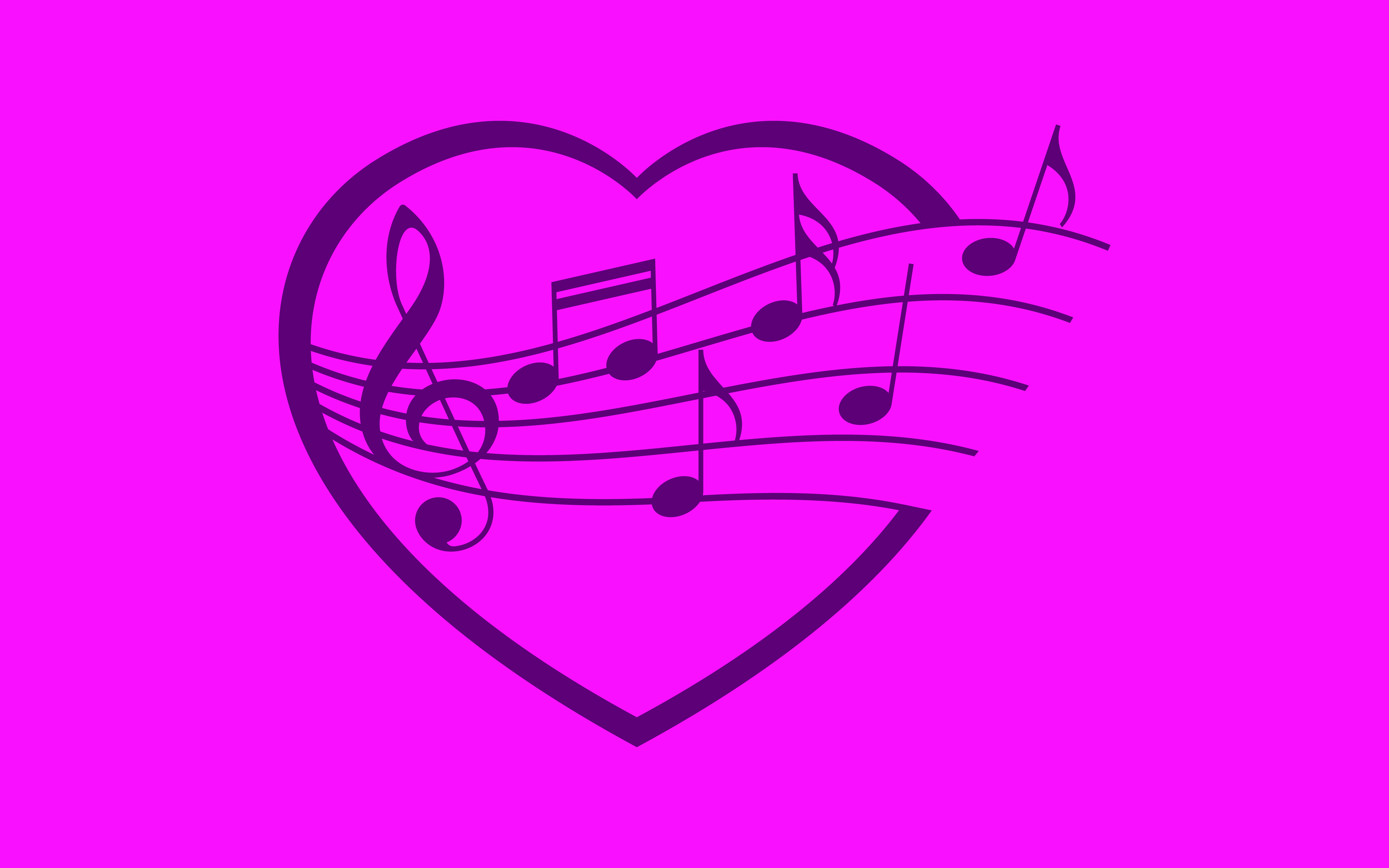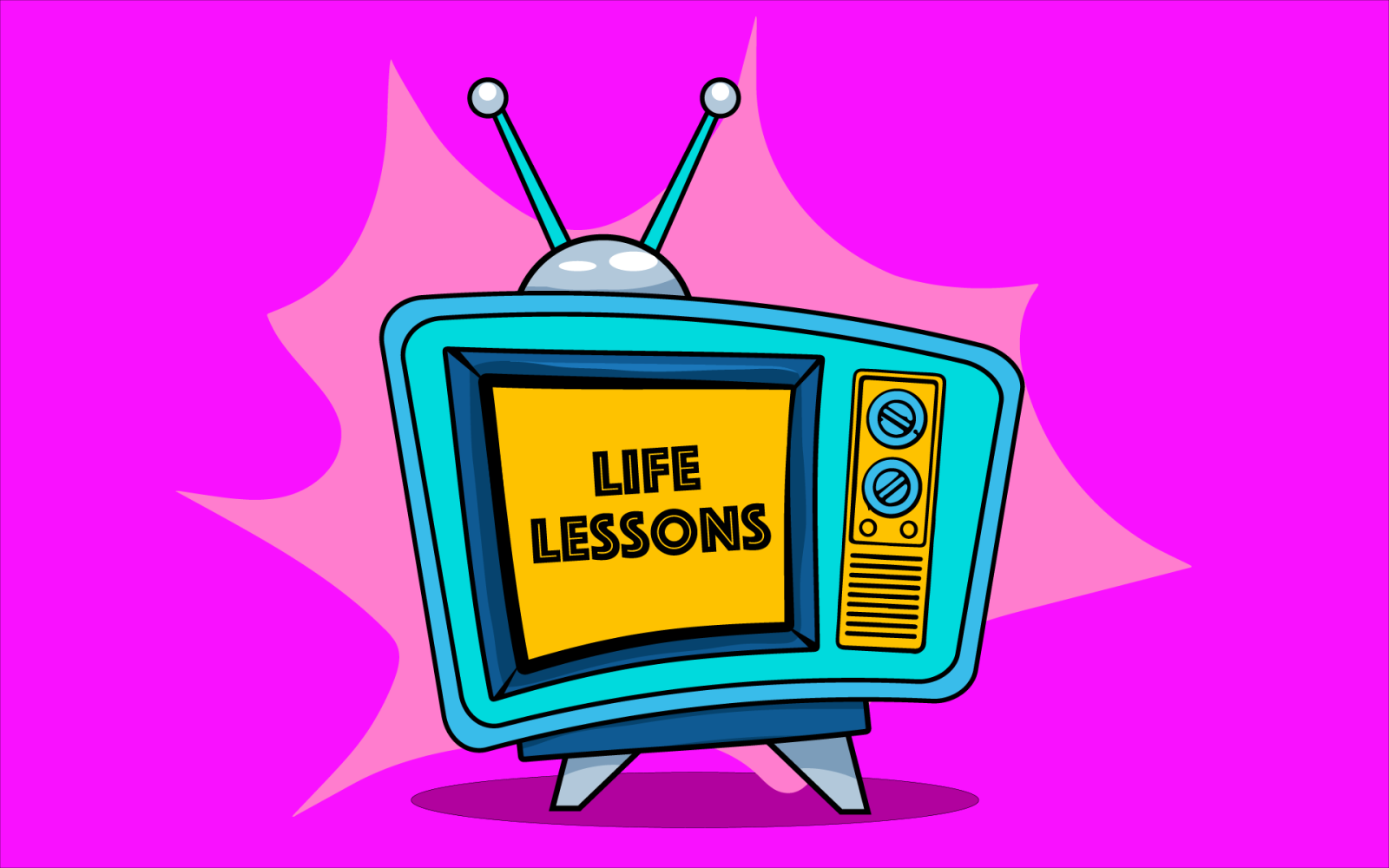Cracking the secret code of Hallelujah, Leonard Cohen’s hymn for the broken-hearted

It’s the song that makes the world go round, but what does it really mean?
On a sultry evening at the Sydney Olympic Stadium in 2010, I watched the old man — he was on the Australian leg of his “Pensioner’s World Tour”, as he called it — leaning into the microphone and lingering for a moment.
A hush fell over the auditorium; it was as if the world had stopped turning.
Then he sang, in a voice as deep as the ocean, as weathered as time. “Now I heard there was a secret chord…”
The rest of the line was almost drowned out by a wave of applause, but it was a given that everyone in the audience — I saw boomers, millennials, bohemians, goths, punks, bikers, hippies, a few Catholic nuns, a group of Buddhist monks — knew the lyrics off by heart.
“…that David played and it pleased the Lord, but you don’t really care for music, do you?”
On the contrary, I have often thought that if every other song were to disappear from the face of the earth, I could quite happily listen to Leonard Cohen’s Hallelujah, over and over and over again, in all its seemingly infinite variations, permutations and interpretations.
At last count, there were 212 Hallelujahs on my Spotify playlist (An Infinity of Hallelujahs) which means I could drive all the way from Johannesburg to Cape Town without hearing the same version twice.
To be fair, if you were my passenger on the journey, you might request me to change the playlist at some point, perhaps on a long and lonely stretch of the Moordenaars Karoo.
Unsurprisingly, after so many listens over the years, I have developed my own theory about the meaning of Hallelujah, and I will take the liberty of sharing it with you now.
Leonard Cohen was once asked why he thought Hallelujah was so popular, and his answer, delivered in the wryly enigmatic manner of a Zen master, was “It’s got a good chorus.”
There is some truth to this, because the repetition of “Hallelujah” in the chorus gives the song the mesmerising, eternal quality of a mantra. But there is more to it than that.
The simple structure of the so-called secret chord – “the fourth, the fifth, the minor fall and the major lift” — conceals a multi-layered lyrical complexity that took Cohen five years of writing and rewriting to perfect. (Compare this to the work-rate of Dolly Parton, who famously wrote Jolene and I Will Always Love You on the same day.)
To me, the key to the song lies in the line, “the baffled king composing Hallelujah”.
Here Cohen transfers his authorship of the song to the warrior king and poet of ancient Israel, who was famous for slaying Goliath and infamous for his dalliance with Bathsheba, who he saw one night, bathing on the roof from his palace.
“Her beauty in the moonlight overthrew you,” sings Cohen.
What follows next, if we trace the song to its biblical roots, is a terrible story of kingly indiscretion and cruelty, beginning with seduction and ending with the brutal murder of Bathsheba’s husband on the battlefield, in a vain attempt to cover up the true paternity of her child.
As we learn, in one of the greatest examples of understatement in the Bible, “the thing that David had done displeased the Lord”.
When I chanced upon this chapter and verse, while gathering my research material for a presentation on Hallelujah at a literary conference, I was struck by the counterpoint to the secret chord that had pleased the Lord.
Then I discovered Psalm 51, a Song of David, for the Chief Musician.
This, in effect, is David’s Hallelujah, composed in the wake of his tragic affair with Bathsheba.
Styled as a prayer, a confessional, a plea for redemption, the psalm casts new light on the meaning of the minor fall and the major lift, and it explains, too, why King David was baffled.
He had been expecting the penance of a burnt offering to cleanse his sins, as per the tradition in the temple; instead, his eyes were opened by the realisation that his brokenness — his “broken hallelujah” — was penance enough. He was baffled by forgiveness and mercy.
As Cohen tells us in the closing verse, “And even though it all went wrong, I’ll stand before the Lord of Song, with nothing on my tongue, but hallelujah”.
This, to me, is the hidden meaning of Hallelujah, that a broken spirit can be mended, in the way that the Japanese art of kintsugi binds broken pottery with visible threads of gold.
It is the cracks, to quote Cohen again, that let the light in.
Hallelujah is a kintsugi of the human heart, and this is why it endures, as an anthem of hope and healing, as a song of solace, as a chorus that makes the world go round and round and round.
On that sultry night in Sydney, as Leonard Cohen doffed his fedora and the crowd rose to their feet, it was a testament to the power of music to bring people together, across cultures and faiths and generations, by the light of a holy and a broken Hallelujah.




